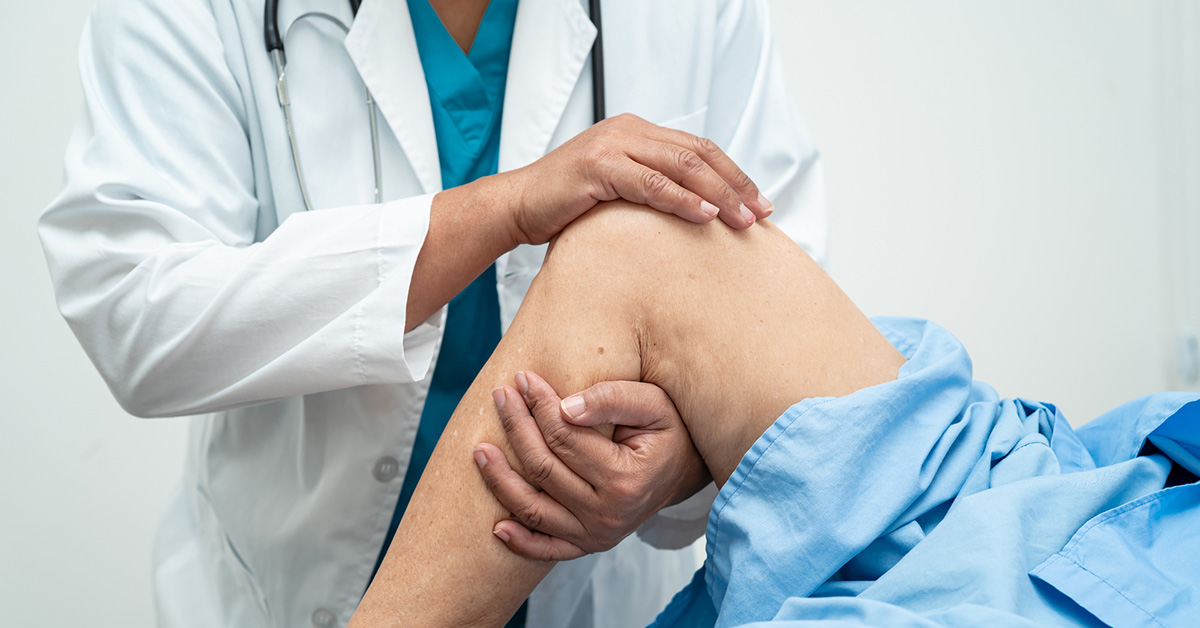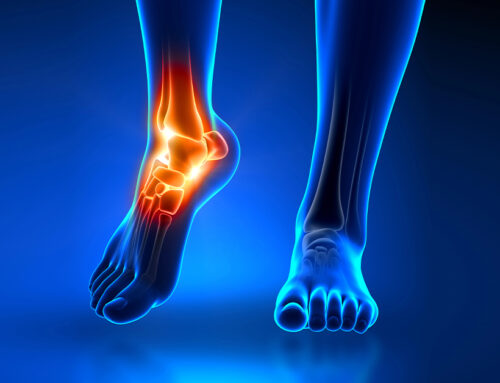
How Long Does It Take to Recover from Total Knee Replacement?
Total knee replacement surgery, also known as knee arthroplasty, is a common procedure aimed at relieving pain and restoring function in severely diseased knee joints. If you or a loved one is considering this surgery, one of the most pressing questions is likely, "How long will the recovery take?" The answer varies from person to person, but understanding the typical recovery timeline can help set realistic expectations and prepare for the journey ahead.
The First Few Days: Hospital Stay and Immediate Recovery
Immediately after surgery, patients are typically monitored in the hospital for one to three days. During this time, pain management, physical therapy, and early mobilization are the primary focuses. Nurses and physical therapists will encourage you to start moving the new joint as soon as possible. This early movement is crucial to prevent complications such as blood clots and to kickstart the recovery process.
Weeks 1-2: Early Rehabilitation at Home
Once discharged, the initial phase of recovery continues at home. This period is marked by significant pain and swelling, which can be managed with prescribed medications and ice therapy. Physical therapy remains a critical component during these weeks. You will be guided through exercises to improve range of motion, strengthen muscles around the knee, and gradually increase mobility.
It's essential to follow your physical therapist's instructions closely, as the exercises are designed to help you regain function without overexerting the new joint.
Weeks 3-6: Gaining Strength and Mobility
By the third week, many patients notice a reduction in pain and swelling. Physical therapy becomes more intensive, focusing on building strength, improving balance, and increasing the knee’s range of motion. You might start incorporating activities like walking, climbing stairs, and performing more complex exercises.
During this phase, some patients may feel a bit frustrated with their progress, but it’s crucial to stay patient and persistent. Consistency in rehabilitation exercises is key to a successful recovery.
Months 2-3: Returning to Normal Activities
Around the two to three-month mark, many patients start to feel a sense of normalcy returning. You might be able to perform daily activities with minimal discomfort and even return to work, depending on your job's physical demands. However, high-impact activities and heavy lifting are usually still off-limits.
Your physical therapist may introduce more challenging exercises to continue building strength and flexibility. Regular follow-up appointments with your surgeon will help track your progress and address any concerns.
Months 4-6: Advanced Recovery
By four to six months post-surgery, most patients experience significant improvements in their knee function and overall quality of life. You can typically resume most of your normal activities, including low-impact sports like swimming, cycling, and golf. However, it’s essential to avoid high-impact activities such as running or skiing to protect the new joint.
At this stage, some patients might feel fully recovered, while others may still experience mild discomfort or stiffness. It’s important to maintain an active lifestyle and continue with prescribed exercises to ensure long-term success.
One Year and Beyond: Full Recovery
Full recovery from a total knee replacement can take up to a year or more. By this time, the majority of patients enjoy a pain-free, fully functional knee. Regular physical activity and adherence to any remaining therapy guidelines are crucial for maintaining joint health and overall well-being.
Factors Affecting Recovery Time
Several factors can influence the length and success of your recovery, including:
- Age and overall health: Younger, healthier individuals tend to recover faster.
- Pre-surgery activity level: Patients who were more active before surgery often have a smoother recovery.
- Weight: Maintaining a healthy weight can reduce stress on the new joint.
- Adherence to rehabilitation: Commitment to physical therapy and prescribed exercises significantly impacts recovery outcomes.
- Support system: Having a strong support system at home can facilitate a smoother recovery process.
Conclusion
Recovering from a total knee replacement is a gradual process that requires patience, dedication, and a proactive approach to rehabilitation. While the timeline can vary based on individual factors, understanding the typical recovery stages can help you prepare mentally and physically for the journey ahead. Always follow your healthcare provider’s advice and don’t hesitate to reach out for support when needed. With time and effort, a total knee replacement can significantly enhance your quality of life and return you to the activities you love.
Author's Note: Remember, every patient’s recovery experience is unique. Consult with your orthopedic surgeon and physical therapist for personalized guidance tailored to your specific situation.





